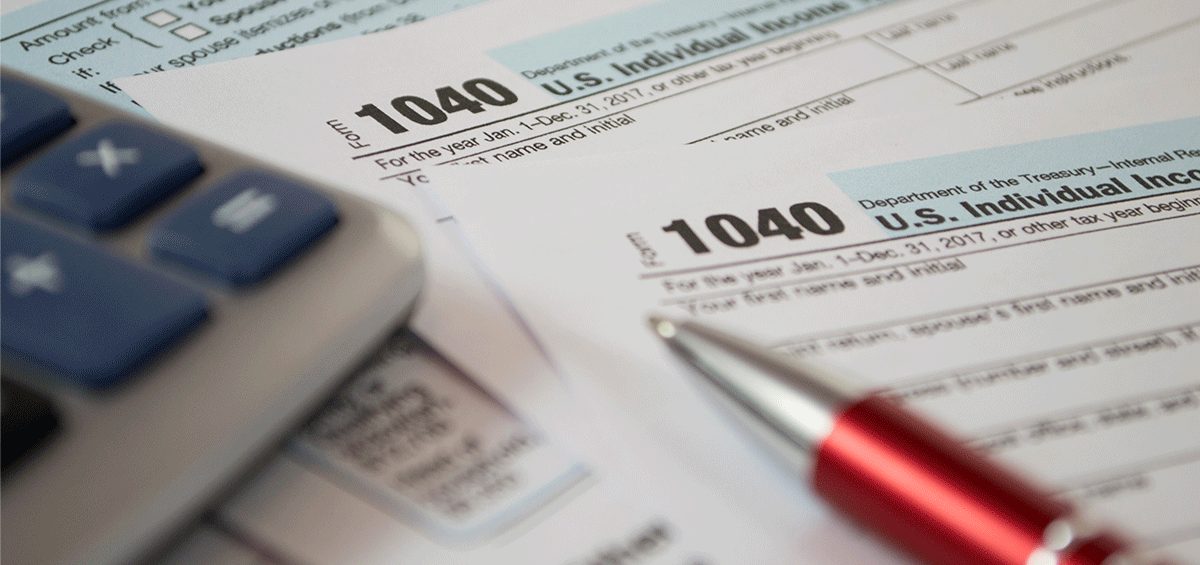The IRS has announced that the federal income tax filing season for tax year 2020 returns begins on Friday, February 12, 2021. Although tax seasons frequently begin in late January, the additional time will allow the IRS to update its programming and test its system to take into account any changes made by the Consolidated Appropriations Act, 2021 (CAA 2021), signed into law on December 27, 2020. Last-minute changes to tax law have already been included in IRS tax forms and instructions.
Tips for making filing easier
To speed refunds and help with tax filing, the IRS suggests the following:
- Make sure you have received Form W-2 and other earnings information, such as Form 1099, from employers and payers. The dates for furnishing such information to recipients vary by form, but they are generally not required before February 1, 2021. You may need to allow additional time for mail delivery.
- The federal individual income tax returns, Form 1040 and Form 1040-SR (available for seniors born before January 2, 1956), and instructions are available on gov .
- File electronically and use direct deposit.
- Check gov for the latest tax information.
Key filing dates
Here are several important dates to keep in mind.
- January 12. IRS Free File opened. Free File allows you to file your federal income tax return for free [if your adjusted gross income (AGI) is $72,000 or less] using tax preparation and filing software. You can use Free File Fillable Forms even if your AGI exceeds $72,000 (but these apparently are not available until February 12). You can already file with an IRS Free File partner, but tax returns will not be transmitted to the IRS before February 12. Tax software companies may also be accepting tax filings in advance.
- February 12. IRS begins accepting and processing individual tax returns.
- February 22. Projected date for the gov Where’s My Refund tool being updated for those claiming the earned income tax credit (EITC) and the additional child tax credit (ACTC).
- First week of March. Tax refunds begin reaching those claiming the EITC and ACTC for those who file electronically with direct deposit and no issues on their tax returns.
- April 15. Deadline for filing 2020 tax returns (or requesting an extension).
- October 15. Deadline to file for those who requested an extension on their 2020 tax returns.
Tax refunds
The IRS encourages taxpayers seeking a tax refund to file their tax return as soon as possible. The IRS anticipates most tax refunds being issued within 21 days of the IRS receiving a tax return if the return is filed electronically with direct deposit and there are no issues with the tax return. To avoid delays in processing, the IRS encourages people to avoid paper tax returns whenever possible.
Copyright 2006- Broadridge Investor Communication Solutions, Inc. All rights reserved.
Broadridge Investor Communication Solutions, Inc. does not provide investment, tax, or legal advice. The information presented here is not specific to any individual’s personal circumstances.
To the extent that this material concerns tax matters, it is not intended or written to be used, and cannot be used, by a taxpayer for the purpose of avoiding penalties that may be imposed by law. Each taxpayer should seek independent advice from a tax professional based on his or her individual circumstances.
These materials are provided for general information and educational purposes based upon publicly available information from sources believed to be reliable—we cannot assure the accuracy or completeness of these materials. The information in these materials may change at any time and without notice.
*Non-deposit investment products and services are offered through CUSO Financial Services, L.P. (“CFS”), a registered broker-dealer (Member FINRA / SIPC) and SEC Registered Investment Advisor. Products offered through CFS: are not NCUA/NCUSIF or otherwise federally insured, are not guarantees or obligations of the credit union, and may involve investment risk including possible loss of principal. Investment Representatives are registered through CFS. Coastal Federal Credit Union has contracted with CFS to make non-deposit investment products and services available to credit union members.
CFS representatives do not provide tax or legal guidance. For such guidance please consult with a qualified professional. Information shown is for general illustration purposes and does not predict or depict the performance of any investment or strategy. Past performance does not guarantee future results.
Trust Services are available through MEMBERS Trust Company. CFS* is not affiliated with Members Trust Company.






